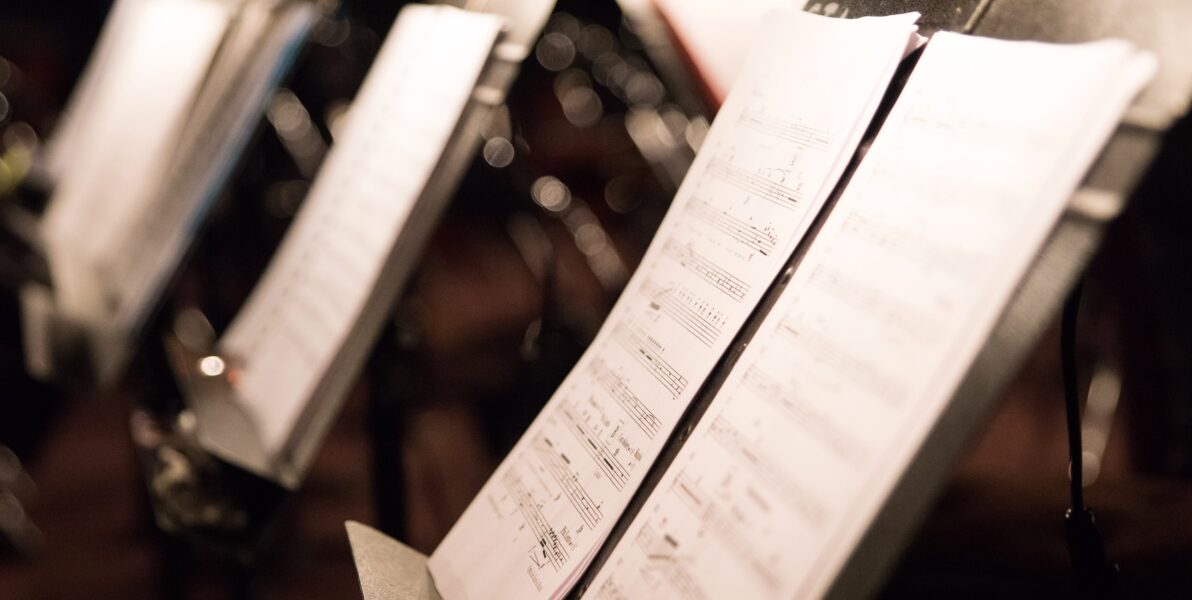Menu

London Concertante was formed in 1991 and is recognised as one of the finest ensembles in Europe. The players have come together through a shared passion for chamber music.
What is the listener to make of the string sextet as an art form? Whilst the string quartet has been familiar since early classical times, relatively few composers have sought to express themselves through the larger medium of the sextet; for in some ways its character almost takes on the nature of a small chamber orchestra, its texture more dense and complex than the ideal balance of a quartet The six players of the London Concertante provided an opportunity to hear three of the rarely played major works in the sextet canon. Richard Strauss's "Prelude to 'Capriccio'" is a work derived from the opera of the same name; rich and warmly satisfying in the composer's characteristic vein. This was an excellent opening to the evening's music-making In much the same manner as was the last piece in the recital, the "Souvenir de Florence" of Tschaikowsky, which is also said to have been something of an offshoot from the composer's interest in opera. This is a work of captivating, infectious tunes suggestive of the warm,sunny landscapes of Italy, and like the Strauss, was played with great verve and delight.
The centrepiece of the evening however, was quite different: " Verklärte Nacht" (Transfigured Night) of Schoenberg. At about the turn of the century (1890-1900) there had begun to flourish the psycho-philosophical movement in intellectual circles - especially in Vienna - where Freud, Jung, Adler and others first began to explore the unconscious; so that this "Pandora's Box" of sexual obsessions began to disturb general consciouness as never before. Creative artists - writers, poets, painters and not least composers - were caught up in this psychological self-searching, so that "expressionism" became something of a fashionable pose. The ever inward-looking Schoenberg, whose unattractive self portraits (for he was also a painter) depict a man of disturbinbg self-obsession and anxiety, was part of this growing cult. "Verklärte Nacht" is an early work in which such yearning anxieties seem to find expression. It is a work that either strongly appeals or just as strongly repels, depending on one's own tempermant. To those who find this in-ward-looking work repulsive, it is maudlin, vastly over-written, stifling and lacking in fresh air. This evening's performers obviously like playing this peculiar work, and surmounted its fussy technicalities with some panache, but at twenty-nine minutes its sheer self indulgence long outstays any trace of welcome it might otherwise attract.
An almost bizarre - and totally incongruous - encore was by the now fashionable composer, Piazzola. What was even more superfluous was the TV-like "commercial" slot offered by one of the cellists who, with his captive audience, told us how marvellous an offer it was to buy their CDs, and like any good supermarket offered us "three for the price of two" - not quite the thing for an audience of cultured listeners who only want to hear good music. Not a good concert this.
Arthur Butterworth